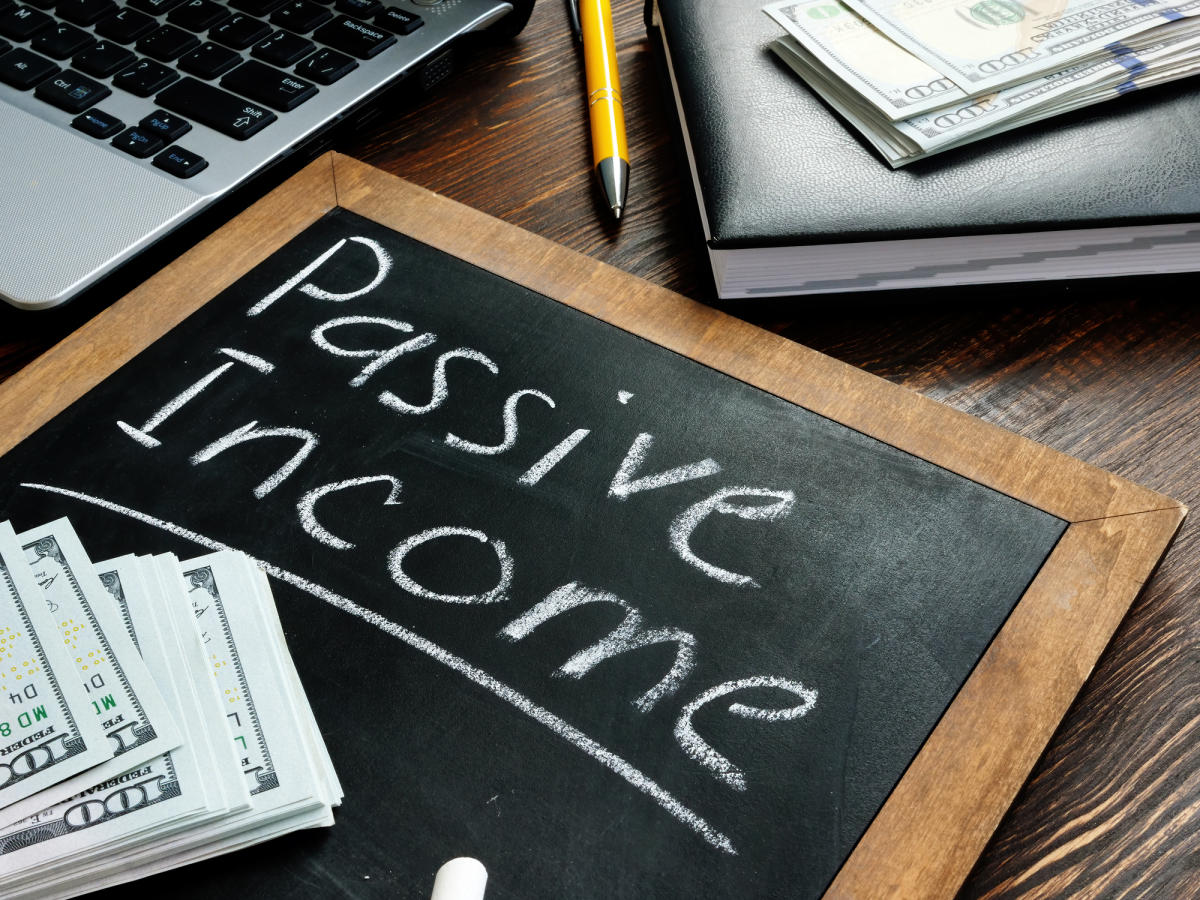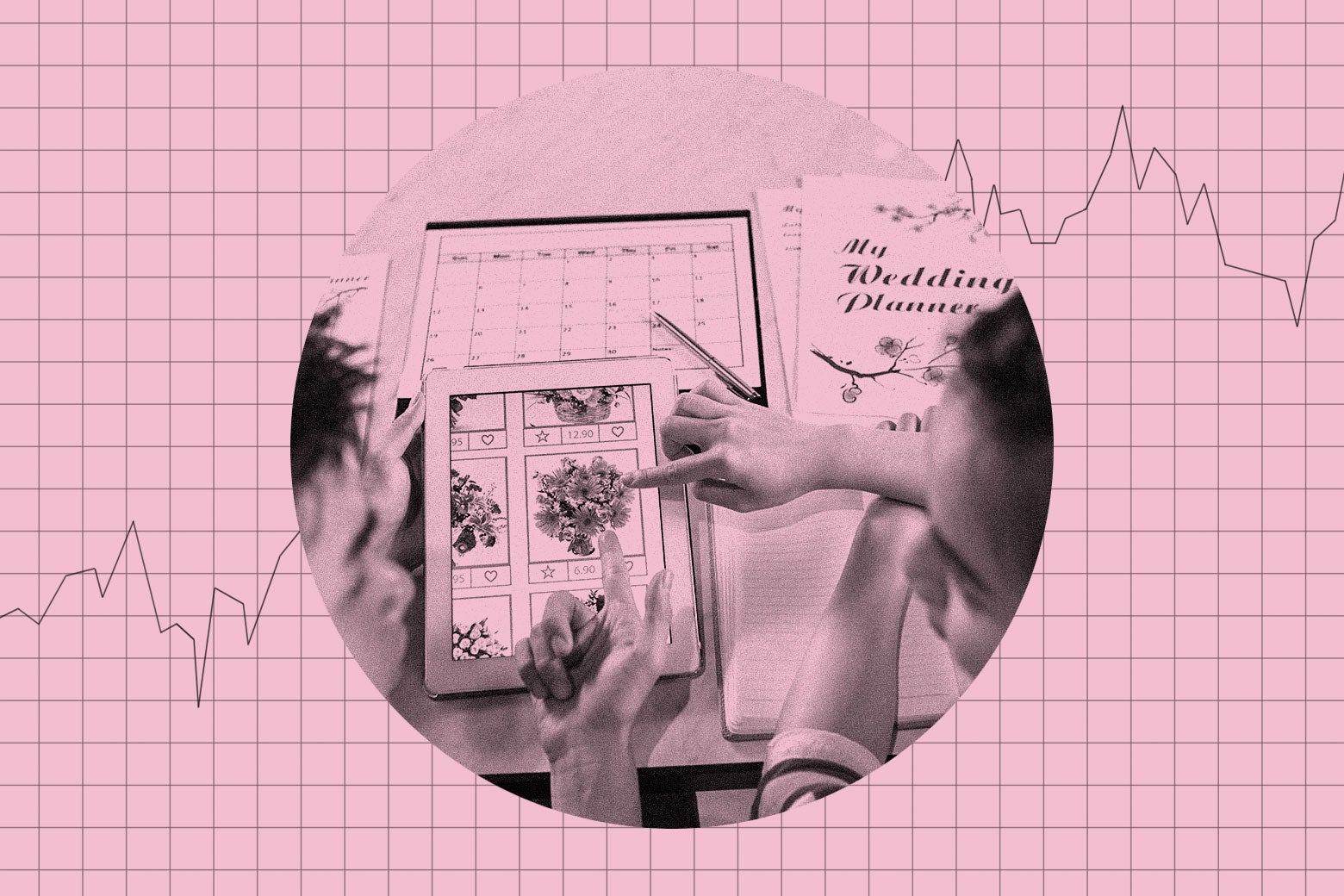Basic income programs have been gaining traction in the United States, with more and more cities and counties implementing cash aid pilots to help struggling individuals and families. One such program in Cook County, Illinois, has been making a significant impact on the lives of participants like Christopher Santiago. Santiago, a single father of three, initially had doubts about basic income but has since come to appreciate the $500 monthly payment he receives.
The Cook County program, which was launched as a response to the economic challenges brought on by the pandemic, aims to provide financial stability to low- to moderate-income individuals. Participants like Santiago have used the extra cash to cover essential expenses like groceries, rent, and medical bills. For Santiago, the additional income has allowed him to provide more for his children, including enrolling his daughter in ballet classes and taking family trips.
The concept of basic income is not new and has been championed by figures like Rev. Martin Luther King Jr. and the Black Panthers. Proponents argue that cash aid can help individuals pursue education, invest in their families, and ultimately lead to greater stability over time. Cook County Board of Commissioners President Toni Preckwinkle hopes to demonstrate the effectiveness of basic income programs so that they can be implemented on a larger scale nationwide.
While the pandemic has spurred interest in cash aid programs, there are concerns about their sustainability as emergency relief funds run out. Philanthropic donations and local government budgets have been used to fund these initiatives, but there is uncertainty about their long-term viability. Advocates like Natalie Foster of the Economic Security Project emphasize the need for a more robust social safety net in the U.S. to combat poverty effectively.
Participants in basic income programs, such as TaylorRaquel Adams and Matt Harvey, have shared how the extra income has helped them make ends meet and pursue better opportunities. Adams, who struggles with health issues, has used the cash aid to cover medical expenses and enjoy small luxuries like a pedicure. Harvey, a young father, has been able to work full time and afford childcare for his son thanks to the additional income.
Research on cash aid pilots has shown that the extra income can lead to increased financial stability and improved psychological well-being for participants. However, questions remain about the long-term impact of these programs and how they can be effectively integrated into existing social policies. As more places across the country explore direct cash payments as a means of supporting struggling Americans, researchers are working to gather data and insights to inform future policy decisions.



















